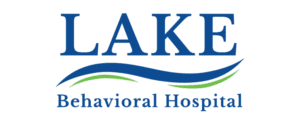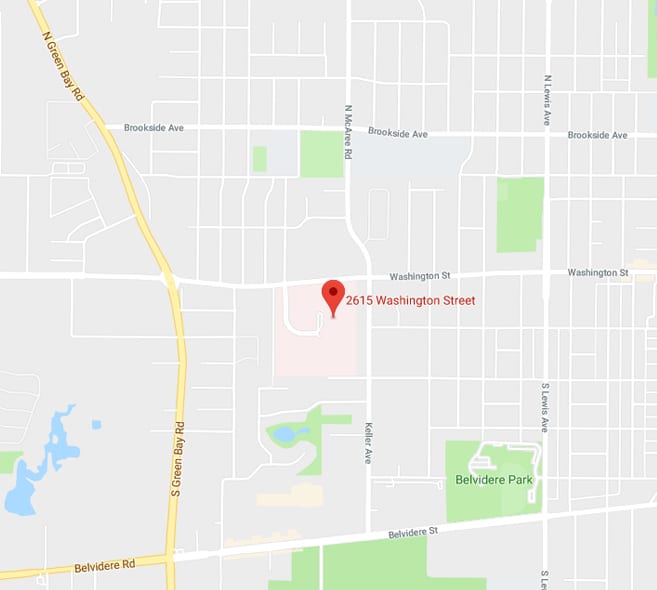Emergency and Crisis: the Impact on Mental Wellness for our First Responders
Not everyone could be a first responder… not by a longshot. First responders, more than 4.5 million of them, serve in a role that, just by means of doing their jobs, can cause them permanent challenges, both mental and physical. These first responder positions include, but are not limited to, firefighters, police, emergency medical technicians and social workers who interview psychiatric patients for hospitalization, see children in crisis in schools and police department social workers who travel with their first responder counterparts to community emergencies. Many communities manage emergencies entirely with volunteer forces. The job of first responders is to keep us all safe from any and every kind of crisis. Although there are many physical injuries that can result from this line of work, the mental health impact of this 24/7 kind of responsibility is significant.
In a study by Alexander and Klein (studying 160 emergency response personnel in 14 locations), those employed as first responders showed that post a particularly dangerous or casualty-oriented emergency call, that there were higher instances of “untimely retirement” caused by both physical and emotional reactions to the event over other kinds of healthcare workers. This same study showed that in many instances there were minimal investigations of health status and minimal crucial offerings of support for mental health. It seems that there are assumptions made that this kind of work should have less effect because the person studying for and accepting the position understood the demands of the job and potential suffering of clients and families involved in accidents and other situations. When the going gets tough, the tough are just expected to continue to endure the memories and pain of the trauma.
These employees, vested in the work of emergency and crisis management, in the study, did show a higher propensity to resilience even when bombarded with the unrelenting accrual of severe post traumatic mental health effects having responded to tragedies over time. Resilience is defined as those who have one or more of these skills cemented into their working lives: the ability to problem solve under pressure, social skills that involve recognizing and asking for support, sense of humor (especially “dark” humor), sense of future (hope for tomorrow), and a mentor. With these traits in place, there was an increase in the ability to manage tragedy and go on to the next with a fresh look at an ability to make a difference. Resilience skills seem to be a safety net that reduced mental health crises among first responders after exposure to grim circumstances.
For those whose resiliency factors were not as firmly in place or skillfully utilized and for those lacking an on-the-job mentor, burn-out was evident. Emotional exhaustion, an inability to recognize the difference made in their work, and increased depersonalization of the emotions connected to the trauma occurred. Of these first responders, a decrease in job satisfaction was evident. 82% surveyed reported that their emotions were more volatile outside of the workplace and relationship difficulties at home were unsteady. In general, first responders who answered higher volumes of crisis calls showed higher levels of emotional trauma over longer periods of time. Comparatively, even the responders who did not attend said calls but supported those who did, showed emotional trauma, as well.
First responders often reported flashbacks of events, survivor’s guilt, and worry about their skill sets in crisis response. The first responders experiencing these concerns also reported panic attacks and some self-injury. When asked what they needed, first responders indicated they wanted more recovery time between calls to regroup. In addition, many first responders discussed how much worse things were for them emotionally if children were victims.
It is overall, the habitual exposures to trauma for the first responder who experiences post traumatic symptoms. Peer training to recognize PTSD and other kinds of stressors is important. Family members should be offered similar training. Increasing time between crisis calls and stress relief opportunities like exercise equipment at first responder locations is useful.
First responders put a lot on the line to make a difference for us all. We need to remember that they are not immune to the things they see and experience. If you are a first responder reading this and know that you need some support, count on Lake Behavioral Hospital to provide you with a free, confidential level of care assessment to determine the level of mental health support that is right for you. Please call: 855-990-1900. Our team is ready to respond!



